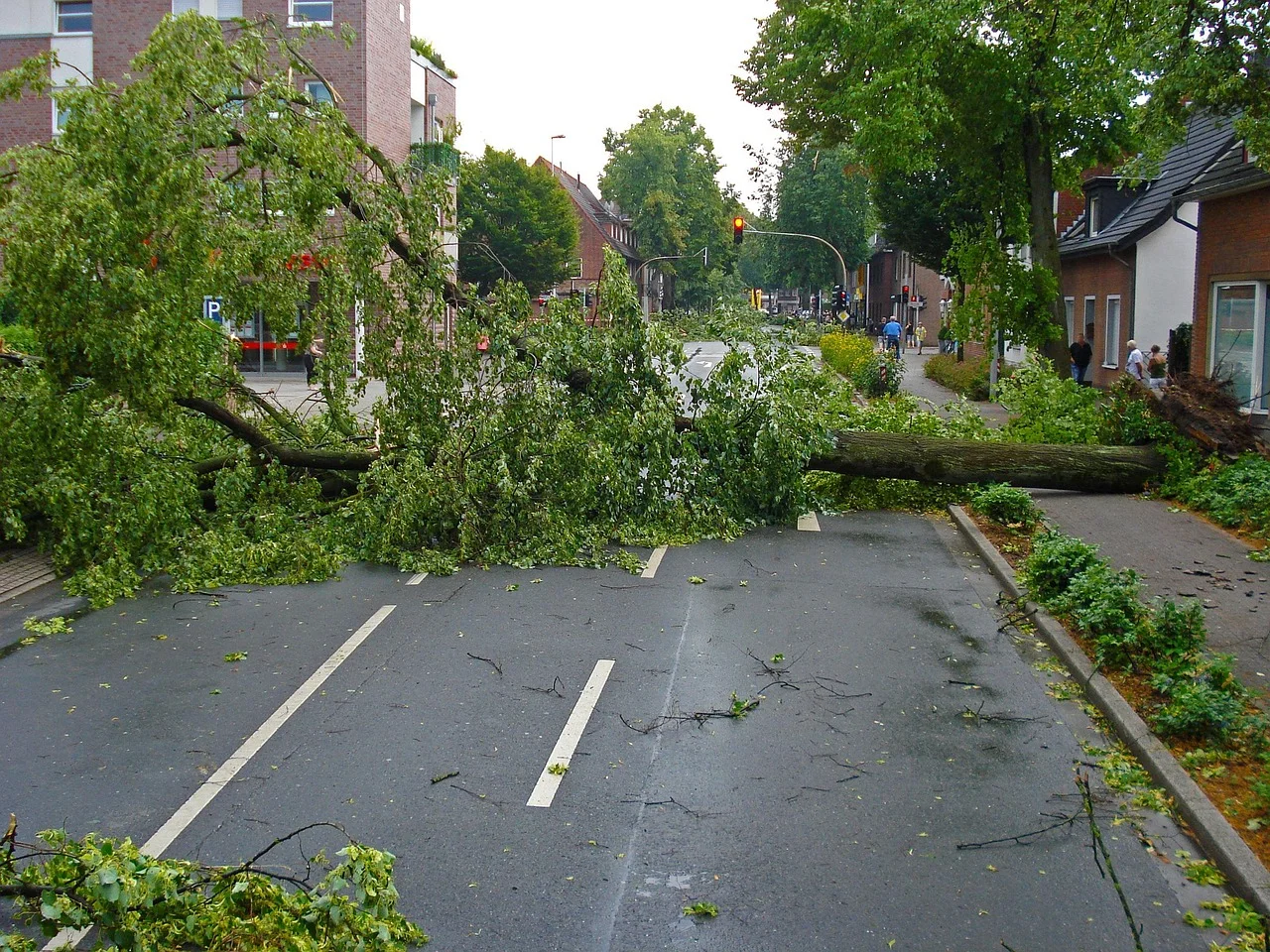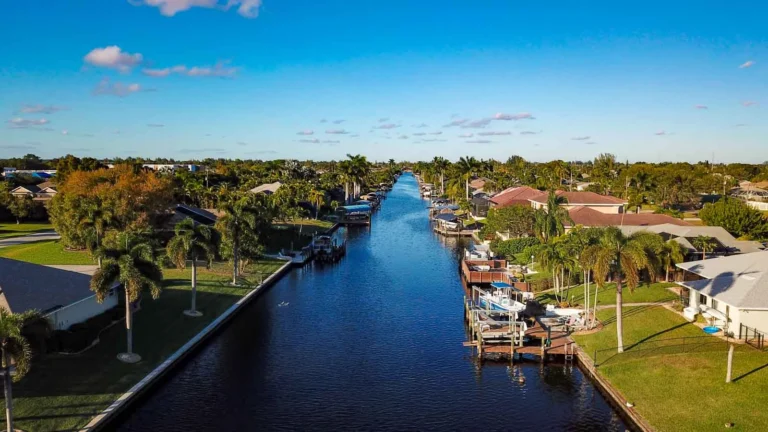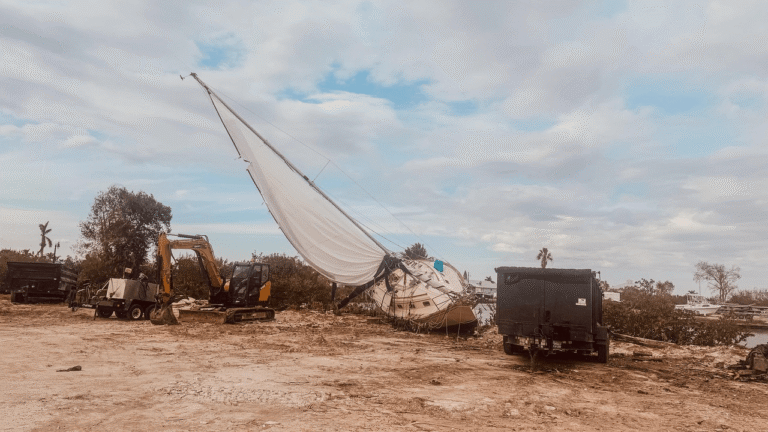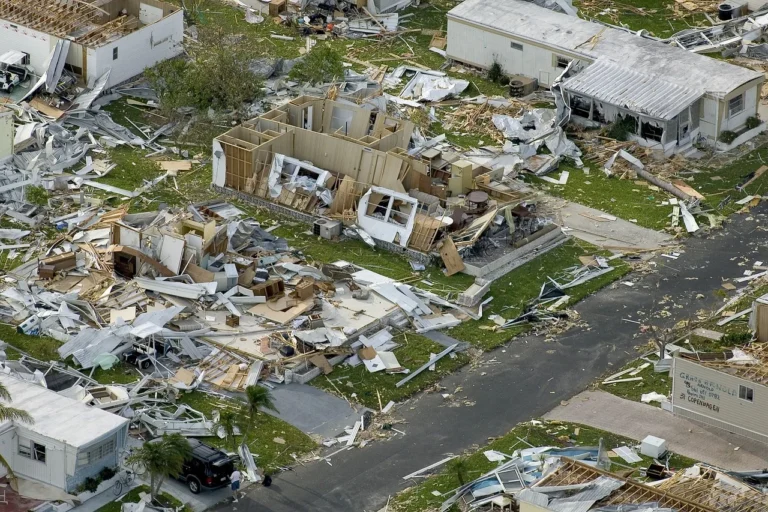Is Fort Myers in the Path of the Upcoming Hurricane? What Residents Need to Know
Hurricanes can be daunting, especially if you live in a coastal city like Fort Myers. Are you worried about how a hurricane might impact your hometown? Do you want to know what preparations you should undertake? You’re not alone! Many residents and potential visitors are searching for the latest information on hurricanes and their potential effects on the area. In this article, we’ll dive into the details of hurricane preparedness, what impacts Fort Myers might face, and tips to stay safe.
Understanding Hurricane Risks in Fort Myers
Fort Myers, located in Southwest Florida, has its fair share of tropical storms and hurricanes due to its geographical position along the Gulf of Mexico. Hurricanes can bring strong winds, heavy rain, and flooding, all of which can have drastic effects on local communities. Understanding the hurricane season and typical weather patterns is essential for residents.
What Is Hurricane Season?
Hurricane season officially runs from June 1 to November 30 each year. During this time, residents should stay informed about weather forecasts and alerts. The peak of the season typically occurs from mid-August to late October, making these months particularly crucial for being aware of potential storm developments.
Identifying Possible Impact Scenarios
When potential hurricanes are forecasted, it is important to consider various scenarios based on the storm’s strength and trajectory. So, what can we expect if a hurricane approaches Fort Myers?
Wind Damage
Hurricanes often bring high winds that can reach up to 150 mph or more. For Fort Myers, this means the possibility of downed trees, power lines, and damage to homes, especially if they’re not built to withstand severe winds.
Flooding Concerns
Flooding is one of the greatest risks during a hurricane. Heavy rainfall can overwhelm drainage systems, leading to street flooding. Fort Myers has areas that are particularly susceptible to flooding, so knowing your neighborhood and its flood zones is key.
Storm Surge Threat
If a hurricane makes landfall close to Fort Myers, storm surge can be a significant concern. This phenomenon occurs when rising sea levels, driven by strong winds, push water onshore. Areas near the coast are particularly vulnerable to catastrophic flooding.
Tornadoes
You might not know this, but hurricanes can spawn tornadoes. Even as a hurricane weakens, tornadoes may form in its outer rainbands, further complicating the weather situation in Fort Myers.
Preparing for a Hurricane: What You Can Do
So, how can you best prepare for an impending hurricane? Here are some steps that can help you stay safe and mitigate damage to your property.
Create an Emergency Kit
Ensure you have an emergency kit ready. This should include:
- Non-perishable food
- Water (one gallon per person per day for at least three days)
- Flashlights and batteries
- First aid supplies
- Personal documents (e.g., IDs, insurance papers)
Make a Family Emergency Plan
Develop a plan with your family that includes:
- Communication: How will you stay in touch if separated?
- Evacuation: Identify local evacuation routes and a designated meeting place.
- Pets: Don’t forget about your furry family members! Include pet supplies in your emergency kit.
Stay Informed
Regularly check weather updates from trusted sources to stay informed about any changes or alerts regarding hurricanes. Apps like NOAA Weather Radar can provide real-time updates directly to your phone.
Monitoring Hurricane Progress
If a hurricane is approaching, keeping an eye on its progress is crucial. Websites, local news, and social media feeds will provide updates. Pay attention to evacuation orders from local authorities; these aren’t suggestions but directives designed to protect your safety.
What to Do During the Storm
- Secure your home by boarding windows and moving outdoor furniture inside.
- Stay indoors and away from windows during the storm.
- Keep your mobile devices charged in case of power outages.
After the Storm: Safety First
Once a hurricane has passed, the aftermath can still be dangerous. It’s vital to approach recovery carefully.
Assessing Damage
When it’s safe, assess your property for damage. Look for downed power lines and structural issues. If there’s severe damage, consider reaching out to local emergency services.
Avoid Flooded Areas
Flood waters can be hazardous, carrying debris and contaminants. Stay away from flooded locations and avoid driving through water when you cannot see the bottom.
Conclusion
While the question of whether Fort Myers will be affected by hurricanes is often on many residents’ minds, being proactive can significantly ease your worries. From understanding potential impacts to having an emergency plan in place, you can safeguard yourself and your family against the threats posed by hurricanes. If you found this article helpful, please let us know in the comments below!
FAQs
1. How can I prepare for a hurricane in Fort Myers?
Prepare an emergency kit, create a family emergency plan, and stay informed about updates from trusted news sources.
2. What is storm surge, and how does it affect Fort Myers?
Storm surge is a rise in sea level caused by hurricane winds. It can lead to severe flooding, particularly in coastal areas.
3. Should I evacuate if a hurricane is approaching?
If local authorities issue an evacuation order, it is crucial to follow it for your safety.
4. What should I include in an emergency kit?
Your kit should contain non-perishable food, water, flashlights, batteries, a first aid kit, and essential documents.
5. Can hurricanes cause tornadoes?
Yes, hurricanes can spawn tornadoes, particularly in their outer bands, even as they weaken.
Trusted Sources
https://www.nhc.noaa.gov/
https://www.ready.gov/hurricanes
https://www.weather.gov/
https://www.fema.gov/emergency-managers/national-preparedness/plan
https://www.cdc.gov/disasters/hurricanes/index.html







